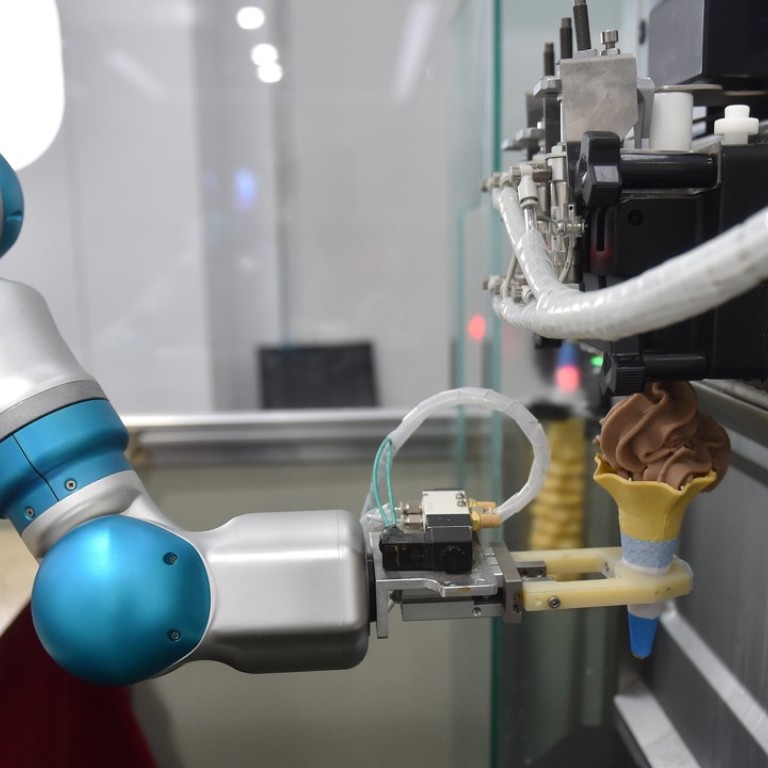
Hong Kong’s science push would gain from closer links to mainland China
I’m afraid that for science to take root, the process is much more complicated than just revamping the education system.
The letter mentioned the University of Hong Kong’s scrapping of two science programmes. But why did HKU do so?
The root of the problem is not just that our institutions have a finance-oriented mindset, but also that our youths lack interest in science. In our materialistic society, the younger generations are brought up to be overly mindful of career goals, instead of pursuing personal interests. They can’t see a good chance to achieve anything much with STEM (science, technology, engineering and maths ) studies or to get the best-paid jobs.
Over the years, the Hong Kong government has focused on developing the city into a financial and service centre, allowing STEM and other industries to disappear. The design of the new secondary schools curriculum and Diploma of Secondary Education exam, focusing on four core general subjects and belittling STEM and other specialised subjects, is a total failure.
Further, the government’s overly bureaucratic and regulatory mindset, which keeps lagging behind technological developments, provides little room for innovation to thrive.
The entire environment, including the education system, the market, regulatory regimes, and mindsets of the parents, government and businesses, is simply unfriendly towards STEM development.
Look at the stories of Steve Jobs and Bill Gates. They had a strong interest and belief in what they did and pursued their dreams. They were eager to innovate. There was no Science Park or Cyberport, yet what they had was a free and accommodating environment with no unnecessary regulations to impede innovation and creativity, and a society that was open-minded and able to appreciate people who thought differently.
However, I think Hong Kong has already gone under with respect to STEM development, and is too small a place to provide enough opportunities and resources for it.
To encourage Hong Kong youths to pursue STEM studies, I think the best approach is to enhance cooperation with the mainland, where there is a vast market with plenty of advanced STEM companies and institutions, as well as a ready environment for pioneering achievements in STEM. These can provide ample career opportunities to our young professionals.
Joseph Lee, Cha Kwo Ling

